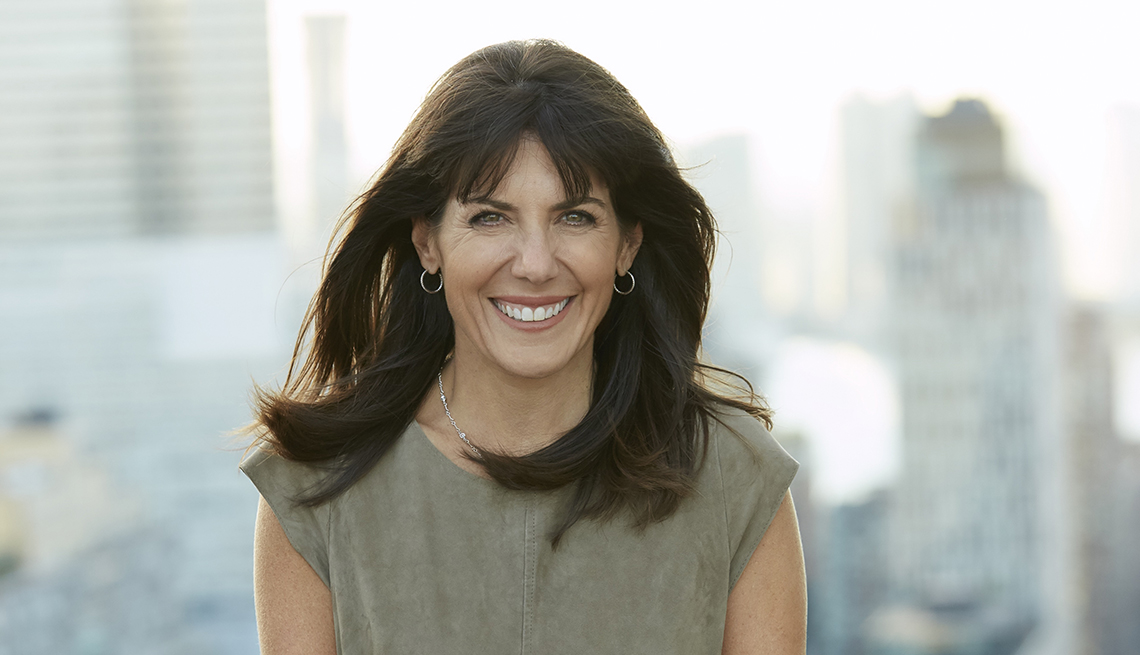Retirement Planning Without an Employer-Sponsored Plan
A family caregiver must tackle saving for retirement and rebuilding her emergency fund
Repairing Your Finances After a Divorce
A divorcee looks to replenish her retirement savings after filing for bankruptcy and borrowing from her 401k
Protecting Your Finances with Life and Disability Insurance
A woman who plans to work into her 70s reviews life and disability insurance options as a strategy to secure her financial future.
Savings Strategies for Retirement, College Expenses and More
Budgeting your finances can make a big difference when it comes to saving and planning for retirement
Balancing Investing in Your Business and Saving for Retirement
A small business owner and mom needs help achieving her retirement savings goals
Managing Money After Losing a Spouse
Jean Chatzky explores how to manage our finances when a relationship or marriage ends
Becoming Debt-Free and Savings-Rich
This episode focuses on budgeting as the key to paying off debt and building an emergency fund.
Introducing Closing the Savings Gap
A new podcast series focusing on women working to overcome financial roadblocks in saving for their eventual retirement.
How to Subscribe and Listen
Smart Speakers (Amazon Echo or Google Home)
Join the Online Community
Discuss practical steps that you can apply to your daily life to increase savings


